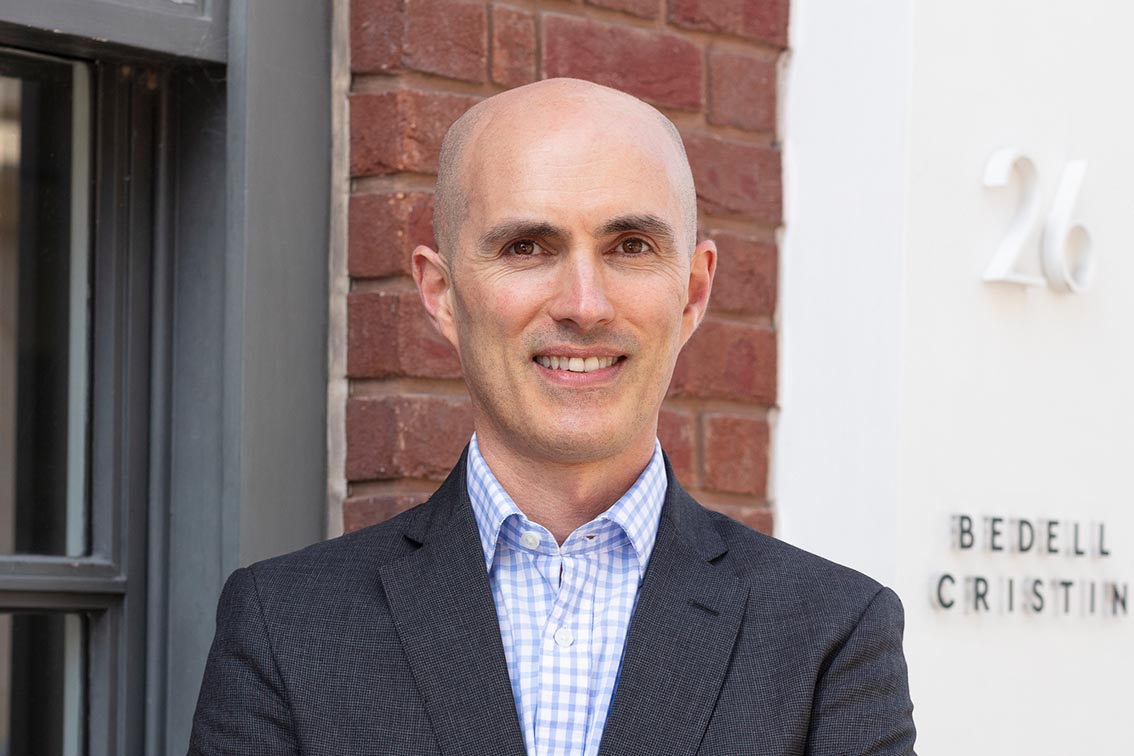The amazing tale of Mukhtar Ablyazov, a Kazakh oligarch alleged to have committed a multi-billion dollar fraud, was the subject of a seminar jointly hosted by Bedell Cristin and KPMG at the Pomme D'Or on 5 November 2014 attended by more than 100 bankers, trust professionals and corporate service providers.
Chaired by Bedell Cristin Senior Partner Anthony Dessain, the audience heard from the Receivers, David Standish and John Milsom of KPMG LLP, about the story of their appointment as receivers and managers of Mr Ablyazov's assets, and how they have been able to use their forensic skills to break through secret nominee arrangements and track down his web of assets around the globe, including Jersey. It has involved collecting over 6 million documents in relation to over 1,000 companies located in complex structures onshore and offshore.
Edward Drummond, litigation partner at Bedell Cristin, explained the extreme nature of the legal tools used in this case, how the Royal Court of Jersey recognised the Receivers' powers in Jersey, whilst adding protections for innocent third parties, and how those powers were enforced.
David Standish then described the bizarre circumstances of Mr Ablyazov fleeing the UK in contempt of court and his eventual capture in France, and the repercussions (including the extradition of his wife and daughter from Italy to Kazakhstan, which created a political furore in Italy). The event concluded with a lively question and answer session.
The key principles that emerged for any businesses which hold money for other people, whether trust companies, banks or other financial institutions, are as follows:
Where those assets have become lost, stolen or damaged:
- Follow procedures - inform managers, directors, the board and compliance as necessary.
- Obtain readily available information.
- Seek legal and accounting advice to prevent further loss.
- Act fast to track, preserve and recover the assets.
Where it is alleged the assets are the proceeds of crime, or belong to third parties:
- Consider to whom your duties are owed and in what order. They may be owed to beneficiaries, the client, shareholders or creditors. But duties will always be owed to the Court. There is a duty to comply with Court orders and to help the Court to make the right decision.
- Read Court orders carefully, clarify any ambiguities and comply with them
- The Court will look to protect innocent parties mixed up in other people's wrongdoing, so you may be able to seek variations or obtain directions from the Court if appropriate.
- Try to maintain the status quo so far as appropriate.
In either case:
- Obtain independent advice - take it, record it contemporaneously, and give reasons for your decisions - right or wrong.
- Appropriate persons should inform insurers and JFSC (if regulated) and police (if appropriate). Be careful not to tip off.
- Retain all information - do not destroy it.
- There may be a fear of embarrassment, liability, a feeling of a need to cover up and defend oneself - but do not fall prey to those temptations.
Anthony Dessain, Senior Partner at Bedell Cristin, who chaired the event, commented:
"The seminar provided us with a great opportunity to illustrate the principles of asset tracking by using a real, high profile case."
For further information, please contact Edward Drummond.
No Content Set
Exception:
Website.Models.ViewModels.Blocks.PageBlocks.CardBlocks.DownloadCardBlockVm
Location: Jersey
Related Services: Litigation & Dispute Resolution | International Private Client


